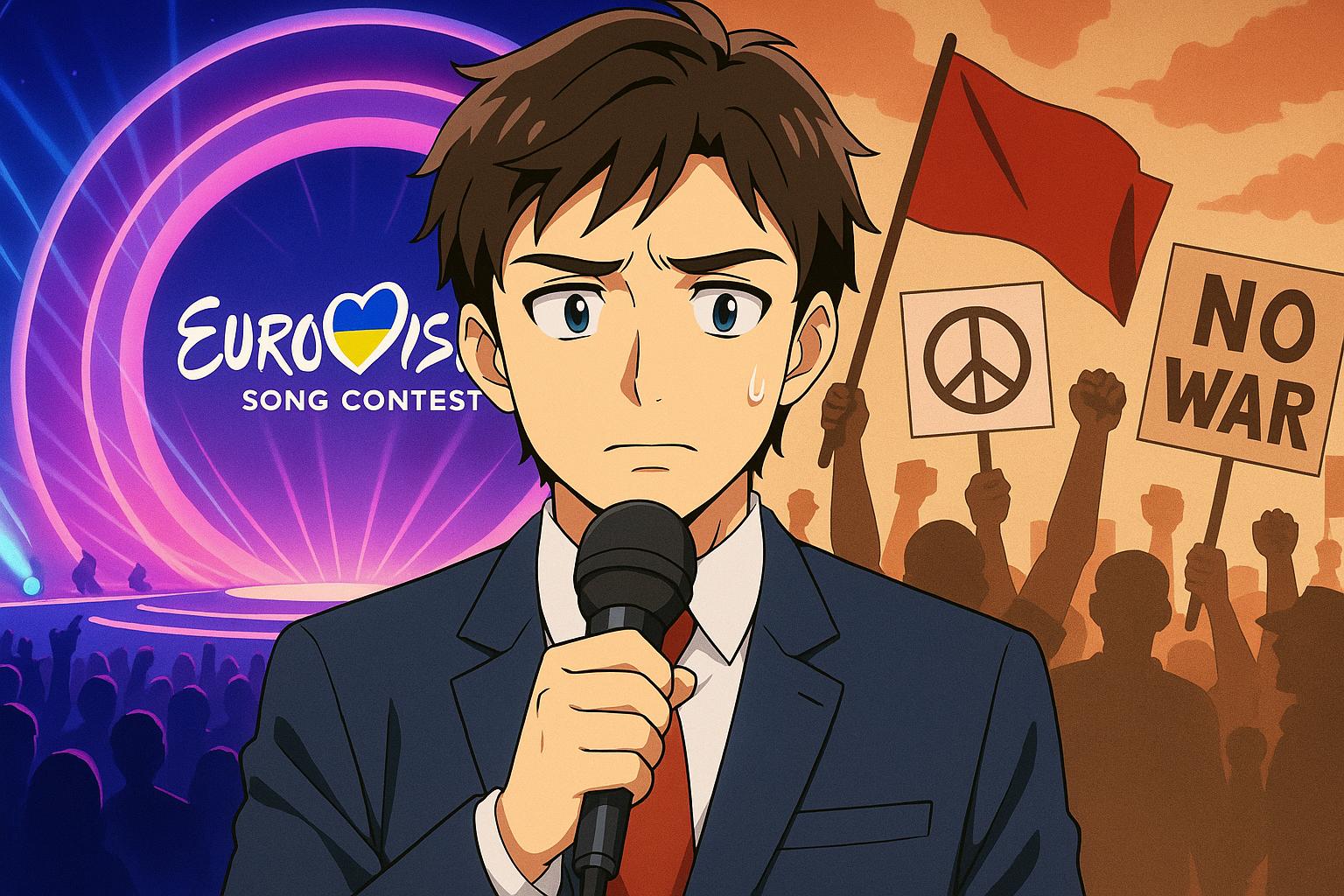Speculation surrounding Ncuti Gatwa's abrupt withdrawal from his role as the UK's spokesperson for the forthcoming Eurovision Song Contest has become a topic of considerable interest. According to reports, BBC executives were left feeling "cross" and "exasperated" by his last-minute decision, which they anticipated might happen even before it was confirmed. With the Eurovision event now mere days away, the BBC had prepared for the uncertainty by reportedly placing singer Sophie Ellis-Bextor on standby as a potential replacement.
Gatwa's departure from the role came coincidentally just after Israeli contestant Yuval Raphael qualified for the final, a detail that some insiders believe may have influenced his choice. The young actor has been an outspoken supporter of Palestine, and his social media activity in recent weeks has included imagery connected to Palestinian causes. His support, however, has drawn mixed reactions from fans; while many appreciate his activism, others have expressed disappointment regarding his involvement in an event featuring Israel, leading to calls for a boycott.
Despite the palpable tension, the BBC has attempted to distance Gatwa's decision from his political views. In its statement confirming his withdrawal, the BBC cited "unforeseen circumstances" but did not elaborate. This lack of transparency has only heightened speculation and led some to question the timing of Gatwa's exit, particularly given that it occurred just three minutes before the results were set to be announced.
In a parallel narrative, Sophie Ellis-Bextor herself has had her own encounters with Eurovision. She previously stepped down from roles related to the contest, most notably in 2019, citing personal reasons that included her responsibilities as a mother. Despite her admiration for the event, she felt unable to commit fully due to the realities of family life at that time. Her prior experience underscores the unpredictable nature of Eurovision engagements, illustrating how personal circumstances can affect public roles.
Ellis-Bextor's longstanding affection for Eurovision and its unique culture makes her an apt stand-in for Gatwa. Known for her vibrant personality and musical prowess, she has been connected to Eurovision through various engagements over the years, and it's clear her fans would welcome her return, whether in a judging capacity or as an engaging commentator.
The discussions around Gatwa's withdrawal highlight a broader cultural examination of the intersection between entertainment and politics, particularly in the context of globally renowned events like Eurovision. The controversy surrounding Gatwa does not exist in a vacuum; it reflects a growing sentiment among a segment of the public regarding Israel's participation in international cultural fora. This has led to fervent debates over the ethics of entertainment choices in the face of political realities.
As the Eurovision Song Contest approaches and the public keenly anticipates the performances, the unexpected twists of this year's event illustrate just how intertwined personal beliefs and public personas can be. The BBC finds itself navigating not just the rhythms of song and spectacle, but also the currents of social and political discourse that shape the narratives we engage with.
In light of these complexities, speculation persists regarding whether Gatwa might ultimately articulate his reasons for stepping down, and whether Ellis-Bextor's presence will indeed provide a calming alternative in this fervent climate. Both the audience and the participants are left pondering the broader implications of entertainment in an increasingly politicised world, making this year's Eurovision not merely a competition of songs, but a reflective microcosm of contemporary society.
Reference Map:
- Paragraph 1: [1]
- Paragraph 2: [1], [4]
- Paragraph 3: [1], [3]
- Paragraph 4: [2], [5]
- Paragraph 5: [2], [6]
- Paragraph 6: [4]
- Paragraph 7: [1], [4]
- Paragraph 8: [4], [7]
Source: Noah Wire Services
